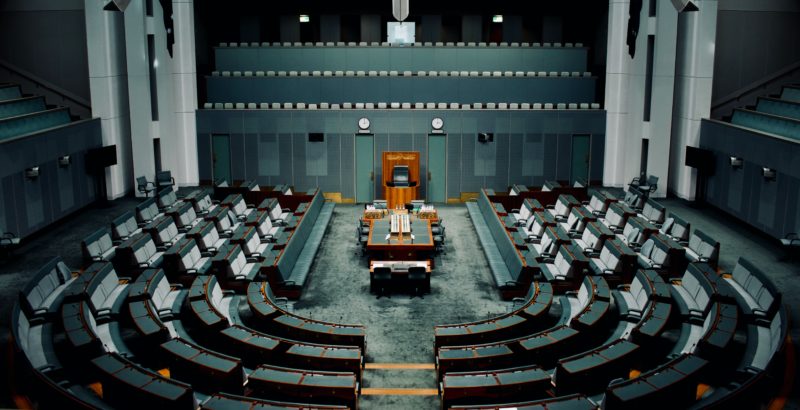Committee recommends minimum 20% of Govt print ads placed in regional papers
The House of Representatives Standing Committee on Communications and the Arts (the Committee) has published a list of recommendations from its’ inquiry into Australia’s regional newspapers, following two days of public hearings earlier this month.
The Committee made 12 recommendations based on 340 submissions put forward from interested parties, including Seven West Media (SWM), Australian Community Media (ACM), Australian Associated Press (AAP), SBS, Google and the Department of Infrastructure, Transport, Regional Development and Communications, alongside hundreds of other organisations and individuals.


